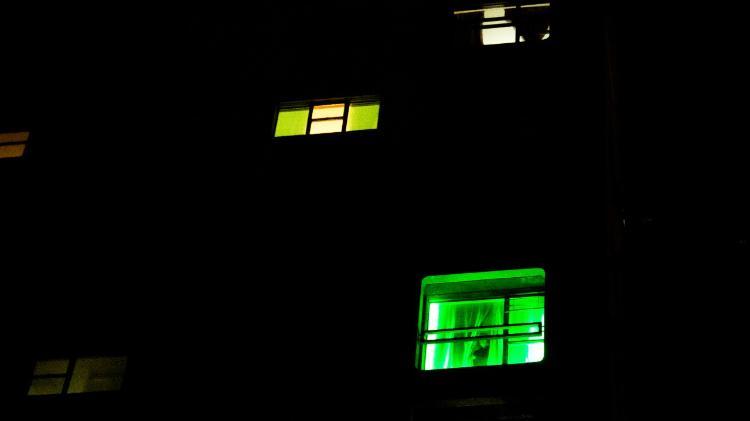Dr Alistair Sisson from UNSW, presents his research as part of the ACCESS Seminar Series

ACCESS Seminar: Data-driven denigration: quantification, statistics and territorial stigma
-
-
-
Online
Via Zoom
Dr Alistair Sisson, UNSW
A vibrant literature on territorial stigma has emerged over the past decade, much of it detailing how particular neighbourhoods or districts have been discursively constructed as dangerous, depraved, deprived, dilapidated, and so on. Amidst this focus on the discursive, quantification and statistics have been largely overlooked. In this paper Alistair argues that quantitative practices and statistical representations are central to the production of territory and to territorial stigmatisation. Alistair demonstrates how problem territories are brought into being through quantification, as well as how statistical representations obfuscate the culpability of markets and the state and legitimise unjust interventions. Alistair will elaborate these arguments by way of three recent examples from public housing policy, governance and discourse in Sydney. Here, statistics have been deployed to portray tenants as undeserving the real estate they inhabit or any assistance whatsoever, and to portray estates as pathological territories that cause tenants’ disadvantage. Such representations have obscured how neoliberalisation has caused these so-called problems, and legitimated privatisation, displacement, and punitive social policies. As such, Alistair calls for greater attention to the role of quantification and statistics among scholars of stigma – not only through deconstruction and critique, but also through strategic deployment in ways that assist struggles against stigma.
Alistair Sisson is an Early Career Researcher and Research Associate at City Futures Research Centre, University of New South Wales. He was awarded his PhD in 2020 for a dissertation on the historical transformation of housing assistance, the stigmatisation of public housing, and 21st century estate renewal projects in Sydney. His current research spans housing, stigma, gentrification, and urban development.


